Copyright Office Rejects Another Bid to Register Artwork “Co-Authored” by AI
LexBlog IP
DECEMBER 21, 2023
On December 11, 2023, the Copyright Review Board affirmed the Copyright Office’s decision to reject Ankit Sahni’s application to register the AI-generated work depicted above. In effect, Sanhi was attempting to register the artwork as a derivative of his photograph.

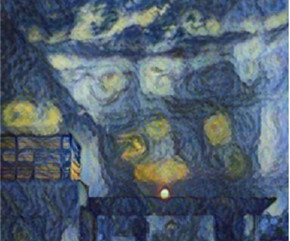
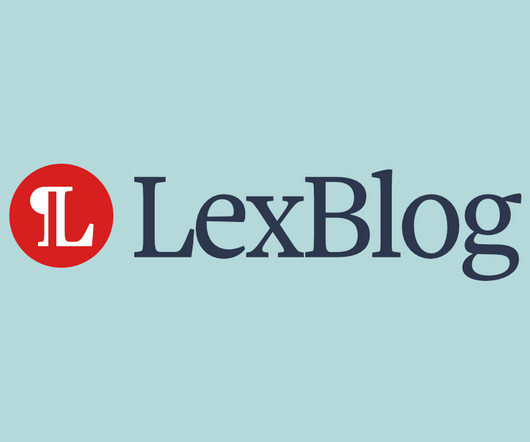
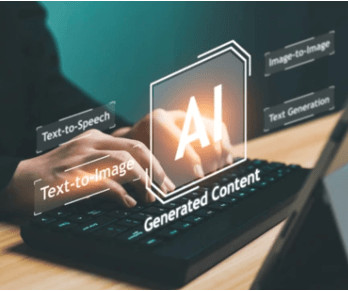

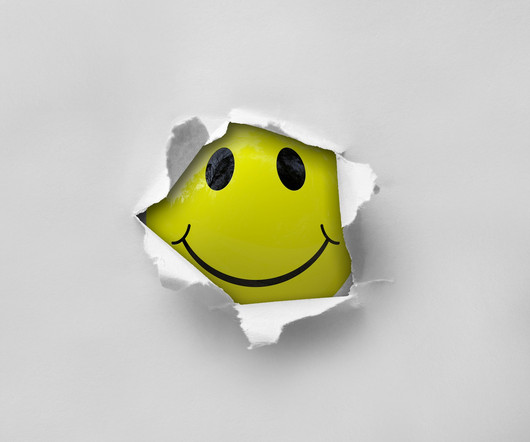
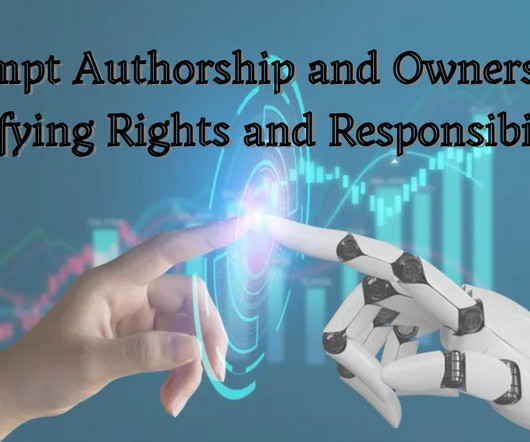
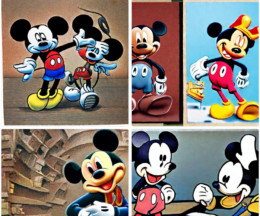
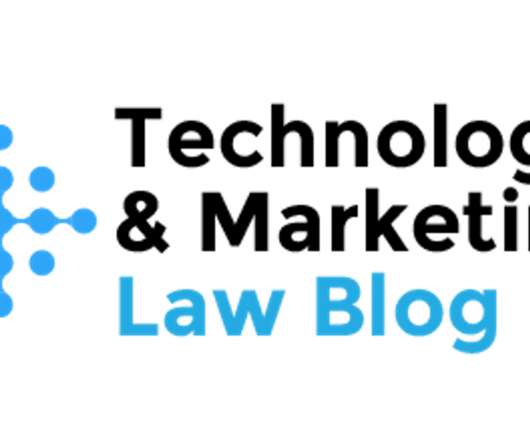






Let's personalize your content